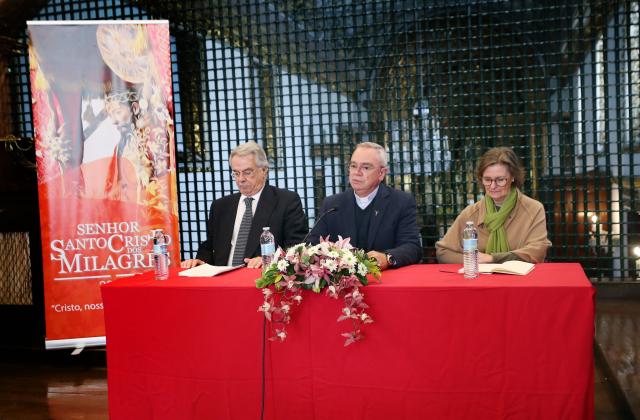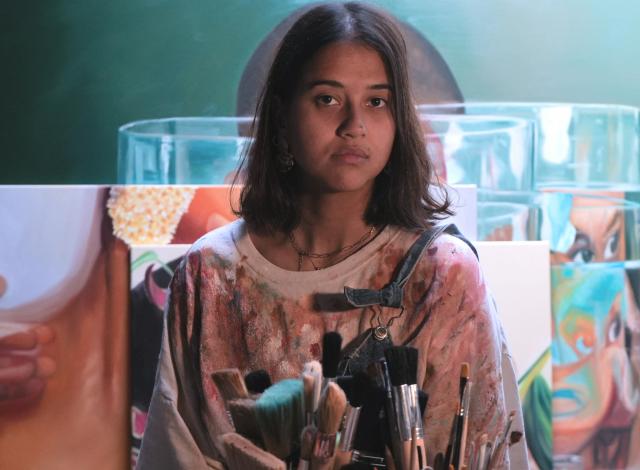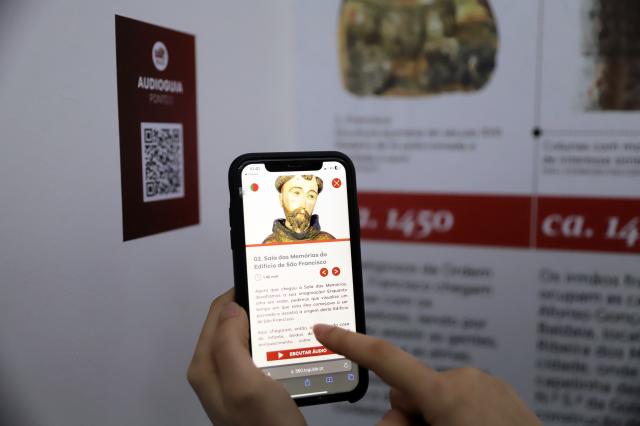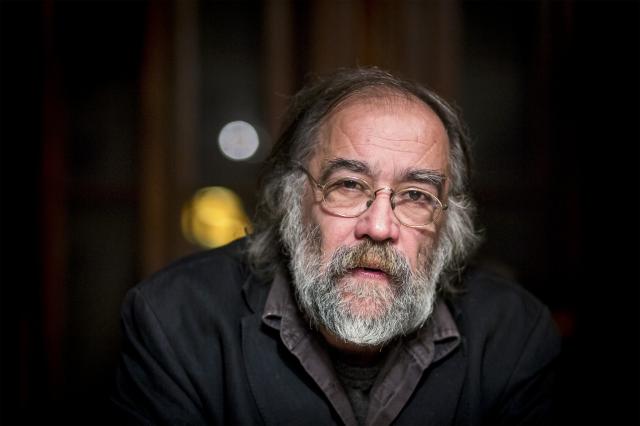Autor: Ana Carvalho Melo
“My grandfather played Viola da Terra in the Tavares Canário Folklore Group and he also played Viola de Fado. From him, it went to my father, who plays Viola de Fado”, Raposo recalled, saying that he belongs to “a family of artists working wood”. This combination led to the desire to build instruments, an art he has been perfecting over the last 18 years.
“At first, it seems easy to build an instrument. But then it becomes more and more difficult, as have to be more and more perfectionists in order to increase the quality of our instruments. I feel that I am ever more demanding, but musicians are also more and more demanding, so I am always trying to evolve”. The first instrument he built was a Classical Viola, the instrument his father plays, while Viola da Terra came through Ricardo Melo, his father's friend.
Along his training path, Hugo Raposo met Gilberto Grácio, an important guitar builder, whose workshop is now in its third generation of master luthiers.
“I did an internship with master Gilberto Grácio which went very well. He is true a master with a lot of wisdom, and he built guitars for big names, like Carlos Paredes”. In his workshop on Rua do Peru, in Ponta Delgada, this luthier intersperses between producing new instruments and repairing, restoring, and tuning others.
“Building an instrument is an opportunity to leave my mark: while the instrument lasts, my name will be there. But I also like restoration because there are many good instruments and I really admire the builders of the past. Without knowledge, and the access to knowledge that we have today, those luthiers made beautiful objects that we have to respect and admire”, Raposo stressed.
Building a Portuguese Guitar or a Viola da Terra takes between 100 and 150 hours of craft work, most of it very meticulous, i.e., about a month and a half/two months of work. Hugo Raposo then designs instruments that are always unique, even if the materials used are the same. “Each guitar is unique and has a distinct sound, which depends on the reaction of the wood. The result is always a mystery. You only know what comes of it when the strings are on”.
When asked about what makes his instruments unique, Raposo stated: “It comes from the personality of each builder. And I am never satisfied, no matter how good the instrument is. It is common to say that guitars are “beautiful and imperfect” and I always know that I could have done better”.
Today, the instruments built by Hugo Raposo are known both in Portugal and abroad.
“Mariza's guitarist, José Manuel Neto, has a guitar made by me. In fact, my instruments are now all over the world”.








